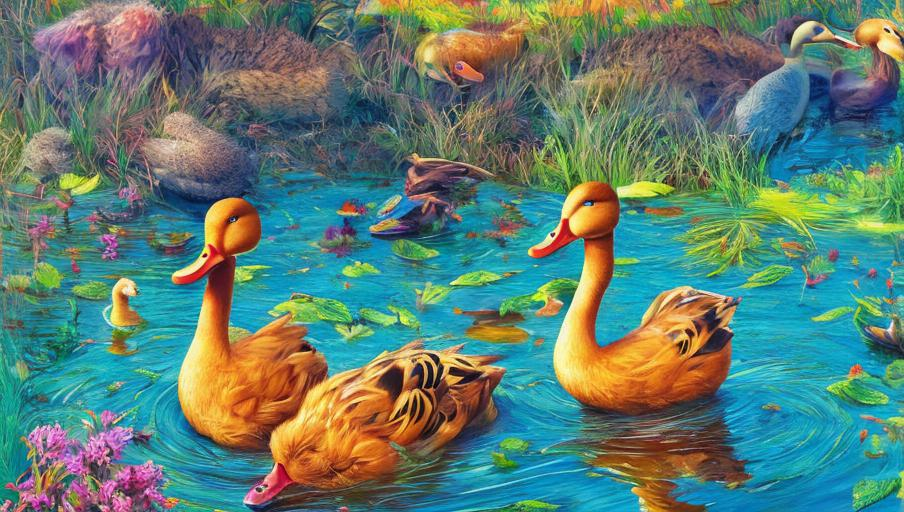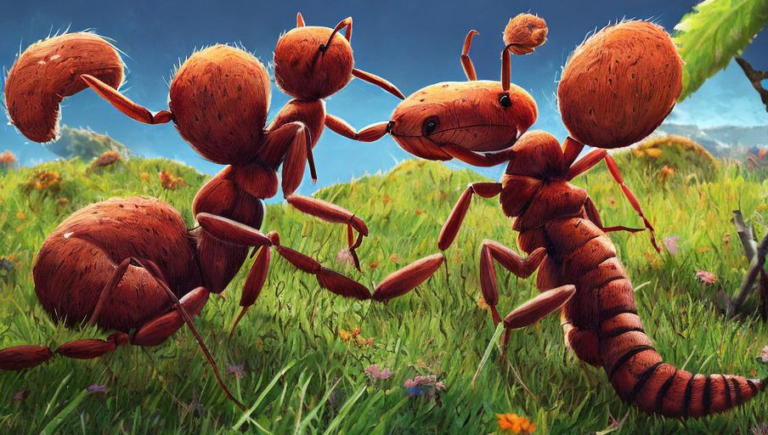Pollutants Affecting Ducks

Introduction
Ducks are a species of waterfowl that are a common sight in both urban and rural areas. Ducks can be found in many places, from ponds to rivers and lakes. They are able to adapt to a variety of habitats and are even able to survive in polluted areas. However, ducks are also vulnerable to pollutants that can affect their health and survival, and it is important to be aware of the potential risks and dangers that these pollutants can cause.
Types of Pollutants
The pollutants that can affect ducks come in a variety of forms. Common pollutants include plastic debris, agricultural runoff, oil and other hazardous chemicals, sewage, and contaminated water. These pollutants can come from both natural sources, such as storms and floods, and human activities, such as littering and industrial activities.
Plastic Debris
Plastic debris is one of the most common pollutants that can affect ducks. This debris can come in the form of plastic bags, bottles, and other items that are commonly found in urban areas. Ducks can mistake this debris for food, or they can become entangled in it. This can lead to injuries, entrapment, and even death.
Agricultural Runoff
Agricultural runoff is also a major source of pollution for ducks. This runoff contains a variety of chemicals, such as fertilizers and pesticides, which can contaminate the water that ducks live in. These chemicals can cause health problems for ducks, including tumors, reproductive problems, and even death.
Oil and Other Hazardous Chemicals
Oil and other hazardous chemicals can also be found in polluted areas and can be extremely dangerous for ducks. These chemicals can cause serious health problems, including respiratory and neurological issues. Additionally, the oil can cause the feathers of ducks to become clumped together, leading to hypothermia and other health problems.
Sewage and Contaminated Water
Finally, sewage and contaminated water can also be a major source of pollutants that can affect ducks. This water can contain a variety of pathogens and chemicals that can cause a variety of health problems, including skin and eye infections, respiratory illnesses, and even death.
Preventing Pollution
It is important to take steps to reduce and prevent the pollution that can affect ducks. This includes limiting the use of plastics, properly disposing of hazardous materials, and properly managing agricultural runoff. Additionally, it is important to clean up polluted areas and to make sure that water sources are clean and safe for ducks.
Conclusion
Ducks are a species of waterfowl that are vulnerable to pollutants. These pollutants can come from a variety of sources, including plastic debris, agricultural runoff, oil and other hazardous chemicals, sewage, and contaminated water. It is important to take steps to reduce and prevent this pollution in order to keep ducks safe and healthy. By reducing our impact on the environment, we can help to ensure that ducks remain a common sight in both urban and rural areas for years to come.





